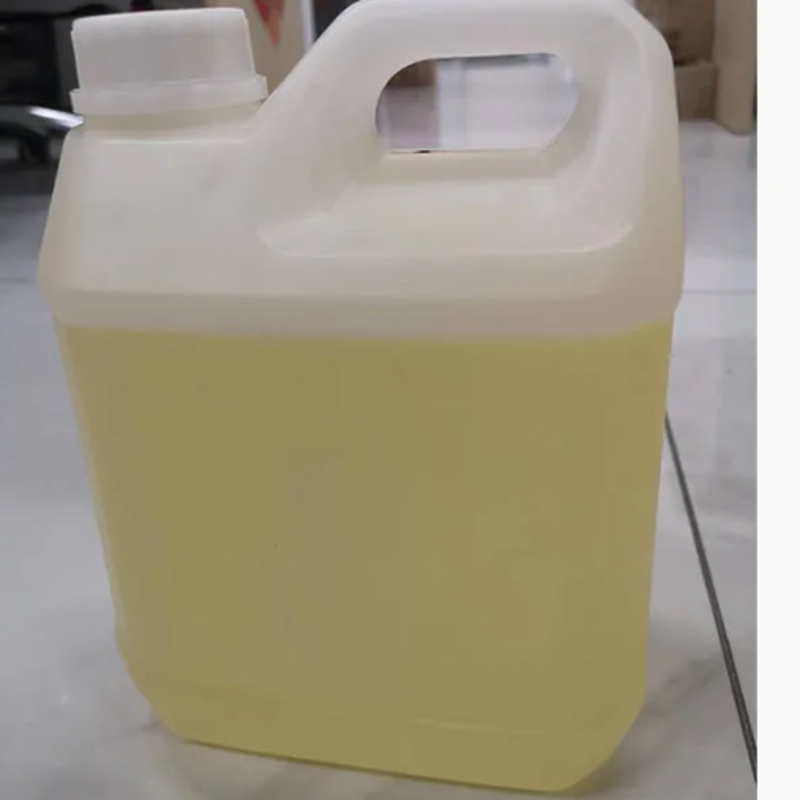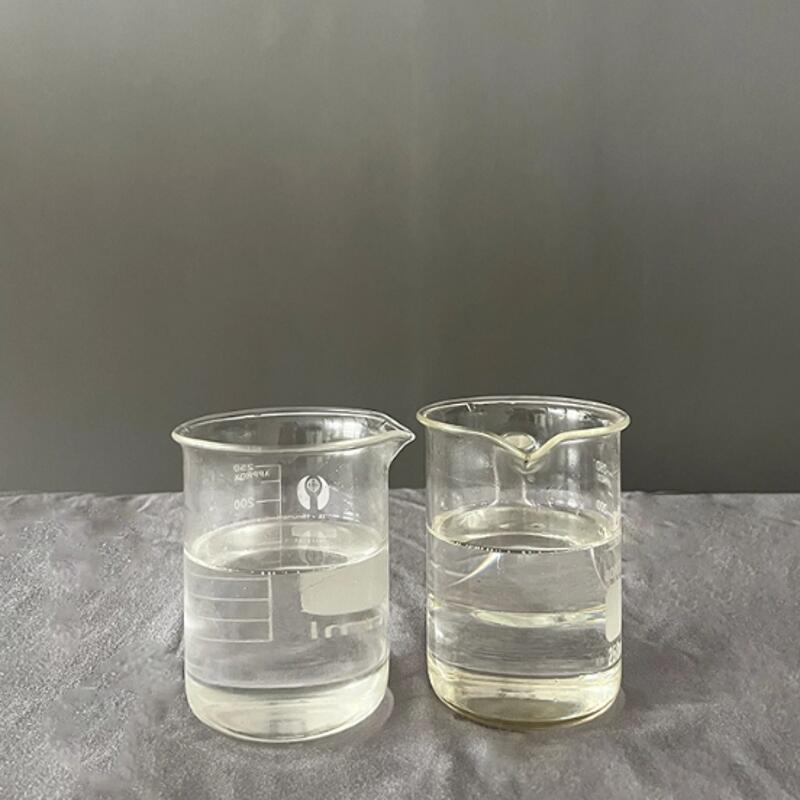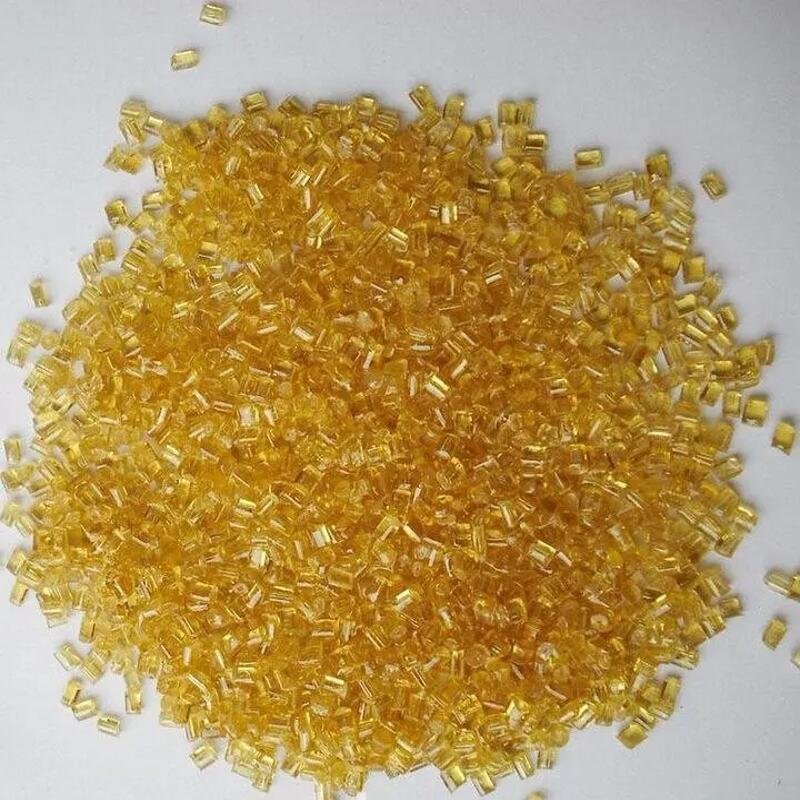-
Categories
-
Pharmaceutical Intermediates
-
Active Pharmaceutical Ingredients
-
Food Additives
- Industrial Coatings
- Agrochemicals
- Dyes and Pigments
- Surfactant
- Flavors and Fragrances
- Chemical Reagents
- Catalyst and Auxiliary
- Natural Products
- Inorganic Chemistry
-
Organic Chemistry
-
Biochemical Engineering
- Analytical Chemistry
-
Cosmetic Ingredient
- Water Treatment Chemical
-
Pharmaceutical Intermediates
Promotion
ECHEMI Mall
Wholesale
Weekly Price
Exhibition
News
-
Trade Service
More and more Asian countries are revising their 'positions' on food-grade exposure to rPET
.
· India, Thailand, South Korea, etc.
have revised food packaging, and food-grade rPET is a hot topic in their country
.
· Demand for food-grade rPET will grow rapidly, possibly 10-15 times by 2030
.
01
01Asia: Growing acceptance of food-grade rPET
Asia: Growing acceptance of food-grade rPETFood-grade rPET has gained wide acceptance in the US, EU and Japan in recent years, but the use of recycled plastics in food contact materials is severely restricted in much of Asia
.
The lack of similar “food grade” definitions and regulatory bodies like the European Food Safety Authority (EFSA) and the U.
S.
Food and Drug Administration (FDA) has limited rPET trade and growth
.
Japan is the only Asian country with a regulatory framework for food-grade recycled plastics
.
However, there seems to be a new turning point in the acceptance of food contact recycled plastics across Asia: In 2020, the Korean Ministry of Food and Drug Safety revised the law to allow the use of rPET in food contact materials; Thailand's Food and Drug Administration also launched Review procedures to consider the use of rPET and rHDPE in food contact materials
.
In September 2021, the Indian government also revised the Plastic Waste Management Rules to allow the use of recycled plastics in food packaging
.
02
02India: Towards a circular economy
India: Towards a circular economyIndia has previously opposed the use of recycled plastics in food contact materials
.
But now, India's official attitude has taken a 180-degree turn
.
This is part of the Indian government's drive to promote sustainable development, aimed at reducing plastic waste and building a circular economy
.
India's circular economy goes beyond the linear consumption model of "take, make, dispose" to a circular model
.
In September 2021, India became the first Asian country to enact a national plastics pact
.
The Indian government has announced that it will phase out the production, sale and use of certain single-use plastic products from July 2022
.
The launch of the Indian Plastics Pact aims to unite companies in the Indian plastics industry chain and promote the transformation of a circular economy
.
Four main objectives of the India Plastics Pact:
1.
List "unnecessary plastic packaging" and items you can take to reduce plastic waste
2.
Reuse or recycle 100% plastic packaging
3.
Recycle at least 50% of plastic packaging
4.
An average of 25% recycled content in all plastic packaging
03
03China: The 'sleeping' food-grade rPET giant
China: The 'sleeping' food-grade rPET giantAlthough China is the largest rPET producer in the world, accounting for about 45% of the global rPET production capacity, almost all rPET bottle flakes are used in the production of textiles and fibers
.
To date, food-grade exposure has been strictly regulated
.
In China, the use of recycled plastics in food contact materials was initially prohibited by law, and later allowed in practice in individual cases, but there is no clear regulation yet
.
China's current regulations on food contact materials have not made clear provisions for food contact recycled plastics and formulated corresponding technical standards and market access
.
In recent years, the Chinese government and associations have worked together to promote the development of the plastic recycling economy, and have issued new policies, suggestions, regulations, and guidelines for plastic recycling
.
In October 2020, Zhu Lei, deputy director of China's National Center for Food Safety Risk Assessment, said that an investigation into recycled food contact materials was underway and a risk assessment method was launched
.
China is one of the largest producers and consumers of plastic packaging in the world.
In the future, the domestic recognition of food contact recycled plastics will make China a global "rule of the game" changer, and will have a huge impact on the global rPET market
.
However, unlike other countries, China's assessment and implementation of food contact recycled plastics will be more rigorous
.
04
04Europe's reliance on rPET imports will face real problems
Europe's reliance on rPET imports will face real problemsWith the wide acceptance of food contact materials, the demand for food-grade rPET will increase significantly, and some analysts predict that by 2030, the growth of food-grade rPET demand will be 10-15 times the current level
.
Countries that have established a bottle return mechanism tend to have the highest recycling rates, such as Germany's PET recycling rate as high as 95%
.
While rPET demand will soar, most major Asian countries tend to have high recycling rates for plastic bottles, unlike in Europe and the United States
.
For example, the recycling rate of PET bottles in Europe is about 58%, the United States is only 28%, and the recycling rate in China and India is more than 80%
.
Therefore, future rPET resources in Asia will be sufficient to meet demand
.
Compared to virgin polyester, rPET is more dependent on local recycling and sourcing
.
As new corporate capacity needs continue to emerge across Asia, the volume of flakes exported to Europe and the United States will decrease, while the demand for rPET in Europe and the United States continues to grow
.
05
05Asia has more abundant rPET resources
Asia has more abundant rPET resourcesSeveral European consumer brands have made commitments to use 100% recycled materials
.
For example, Britvic plans to make all plastic bottles in the UK from 100% recycled PET; PepsiCo promises that Pepsi-branded PET bottles in the European market will no longer use virgin plastic
.
Many people consider these 100% promises to be extreme
.
Compared to Europe, major brands in Asia typically contain no more than 50% recycled plastic
.
Varun, the largest Pepsi bottler in India, has pledged to use at least 25% recycled materials by 2030; Coca-Cola India has pledged to use at least 50% recycled materials in its packaging by 2030
.
Several multinational brands in Japan and Australia have launched bottles made from 100% recycled plastic, but these markets are exceptional from an extreme commitment perspective, as the market is in developed countries
.
Major Japanese brands including Kirin, Suntory and Coca-Cola Japan have set ambitious goals to reduce and in some cases eliminate their reliance on virgin plastic and fossil fuels over the next decade
.
06
06Investments in rPET in the future
Investments in rPET in the futureWhile the acceptance of rPET for food contact materials is growing, the production of high-quality food-grade rPET remains a challenge in much of Asia
.
Asia has the highest recycling rate of PET bottles in the world, and one of the main bottlenecks in the future will be production capacity
.
Currently, Asia is making a lot of new investments to ease this constraint
.
In the future, a new wave of capacity expansion will come:
The production plant invested by EcoBlue in Thailand has been officially put into operation, with an annual production capacity of 31,000 tons of rPET and 10,000 tons of rHDPE and rPP.
It is the first company in Thailand to obtain the US FDA certification and can produce food-grade materials
.
Srichakra, headquartered in India, recently became the first company in India to be certified by the European Food Safety Authority, after announcing a few months ago to invest more than $10 million in upgrading and expanding recycling capabilities.
.
.
more and more A lot of capital has entered or is entering the food-grade rPET market
.
After the new crown pneumonia, with the recovery of the textile industry and the rapid construction of rPET production capacity, it may lead to increased competition for rPET bottle flakes and affect trade activities outside the region
.
For example, increased demand for bottle flakes in Asia will likely lead to rPET production in other regions, especially the supply of food-grade contact materials exported from Africa to Europe
.
In conclusion, the future wave of food grade rPET will be in Asia, the region with the largest population in the world!







